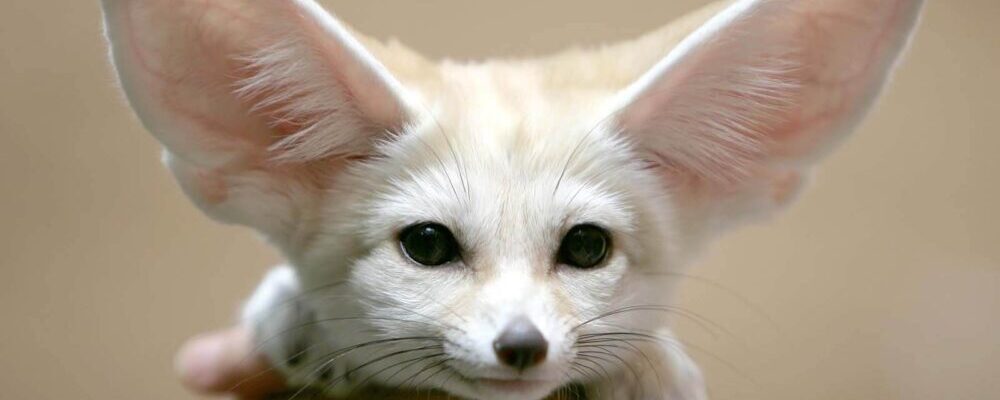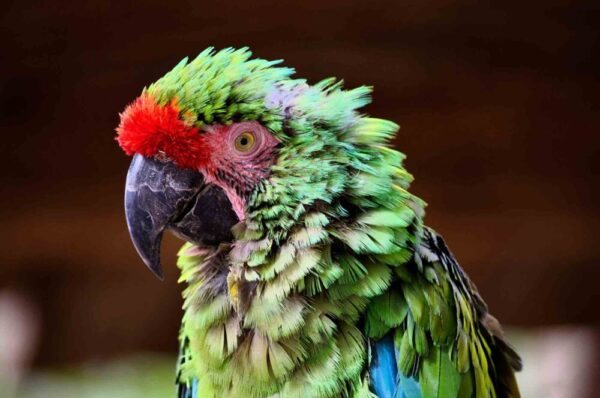To take care of reptiles you need to estimate their cost, provide the right house, ensure a balanced diet, keep them content and visit the vet routinely
Reptiles, birds, small mammals like rodents and amphibians are considered exotic pets. These are different from your regular pets like cats and dogs and require special care and attention.
But taking care of them is not difficult or expensive. You just have to do a little more research about their liking, disliking, eating habits, and common diseases to keep them healthy and happy.
In this article, we are going to talk about the most important factors that you should consider when owning an exotic pet and also highlight some common exotic animals to keep as pets.
The Most Common Exotic Pets

Most of these exotic pets are small and do not require that much outside space, they can be a good choice for apartment living. But make sure to check for all the rules and regulations of your house, and neighborhood about the kinds of pets you can keep.
The most common exotic pets are rodents like hamsters, Short-Tailed Opossum, small arthropods like scorpions, tarantulas, and birds such as Victoria Crowned Pigeons, Golden Conures, Macaws, and Cockatoos.
Reptiles are also quite popular. Although they are not as responsive as mammals and birds but are fascinating creatures. Reptiles such as geckos, chameleons, bearded dragons, and anoles are perfect for beginners.
For more experienced owners, snakes like ball pythons, corn snakes, and kingsnakes are a good choice. But be very careful about keeping snakes. You always have to keep a close eye on them, so they do not escape and cause a ruckus in the neighborhood.
How to Take Care of Exotic Pets
For keeping exotic animals you have to ensure a good home with the right environment and facilities, nutritious diets like fresh vegetables, meat, or high-quality insects should be given. You will find the necessary meals in the local pet stores.
But for special treats like Dubia roaches, you can go to websites like Topflight Dubia
And lastly, take them to vets if you see any irregularities in their eating and behavioral patterns. Here are the basic requirements you need to fill-
1. Make Sure You Can Afford Them

Getting a new pet can be exciting, but you need to make a budget and think if you can afford and provide the right care for your pet. For instance, creating the perfect living conditions for some pets can be expensive.
You might also have to purchase supplements and take them to the vet routinely. To conduct any kind of treatment, examination, or operation your exotic pet will need to be sedated with anesthesia. This is certainly not cheap.
The cost of the right habitat, food, supplements, and other facilities can quickly add up. So before getting an exotic pet, do proper research about its preference and requirements. Then make a budget adding all that costs to see if it is affordable for you.
2. Ensure the Right Habitat
Your pets deserve a clean and healthy environment to live in. It also has to be safe and secured, so they can not get out of the habitat whenever they want. Whenever you take it out of its home make sure to supervise it the entire time.
If you own a hamster, small reptile, or bird then it’s best to not leave them with other animals like cats, dogs, or larger mammals. You can protect them when they are outside but what about when they are inside their enclosure?
To make certain they do not hurt themselves, keep their enclosure clean, free from rust, and sharp objects.
Different animals require different types of enclosure. For instance, rodents and birds require cages but fishes, amphibians and small reptiles need to stay in aquariums or tanks. For reptiles, you will need to install some UV lights.
You also need to make sure the enclosure is large enough. For instance, if you have a 2 feet-long bearded dragon, you will need a 4 ft long vivarium and if you have a small macaw then you will need a 36-inch tall cage. To get the size right, consult with a vet.
3. Provide Fresh & Nutritious Food

Different species have different dietary needs. It is best to stick to their basic diet and provide them with the necessary nutrition.
Any kind of deviation from their diet may cause health risks and harmful effects. You may also need to provide vitamin and protein supplements, but that should only be done under prescription.
Whether it is a hamster, bearded dragon, or turtle what it eats on a daily basis will determine how healthy it will live. Out of all of them, birds have the most specific dietary needs. Depending on their regions, different birds will eat specific items. You may also not find all the items at your local shop but will find them online.
Reptiles are another special group where they are divided into insectivores, omnivores, carnivores, and herbivores. Suffering from malnutrition is very common amongst exotic animals so make sure your one is properly and routinely fed.
4. Make Sure They are Content
Most exotic animals live a free life in the wild so as a pet they need a daily dose of physical stimulation.
To keep them active and content you should organize a place with exercise rollers, pipes, and structures like boxes so that they can jump around and have a good time. With the right training, some birds can even perform cool tricks as well.
5. Look Out for Health Issues
Some pets will be more sensitive than others especially when they are young, but there are also pets like bearded dragons that are sturdy.
But whatever pet you own, make sure to take it to an experienced vet to get their routine check-ups. They usually check the body condition, weight, eyes, scales, skin, feathers, and other physical conditions to determine whether your pet is healthy.
For more in-depth check-ups they may require radiographs, blood and stool samples, or other laboratory tests. Routine check-ups can help identify signs of diseases at an early stage and helps to prevent them.
Final Thoughts
Exotic pets are fascinating and a lot of them enjoy human company. If you maintain these basic requirements and treat them right they will live a long and healthy life.





